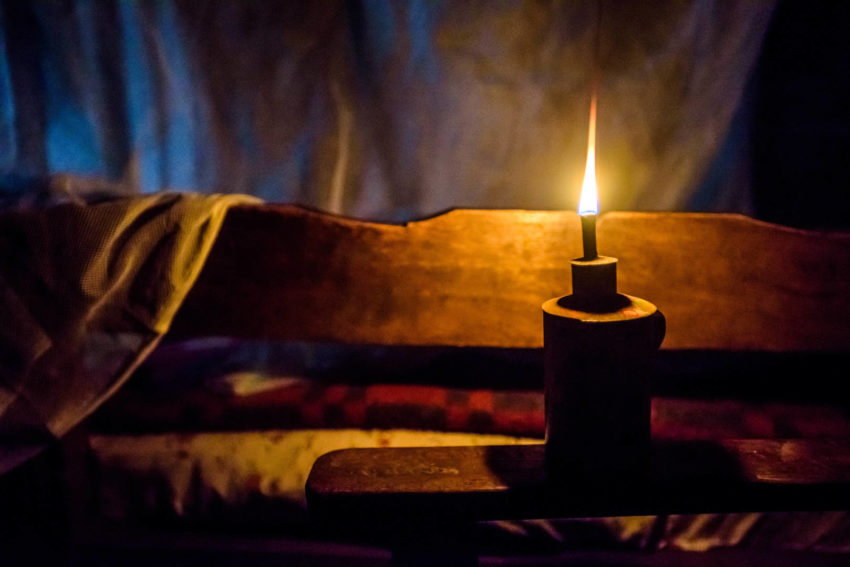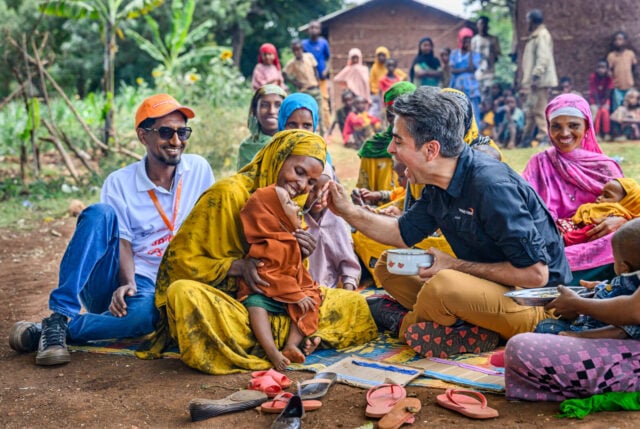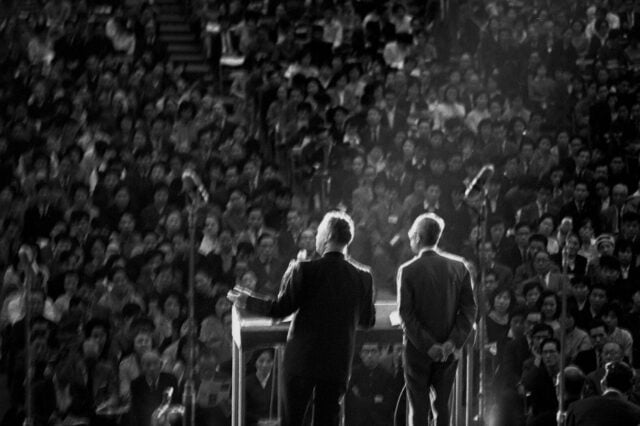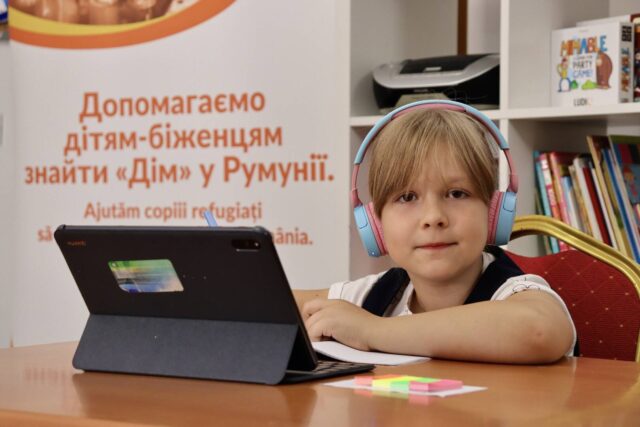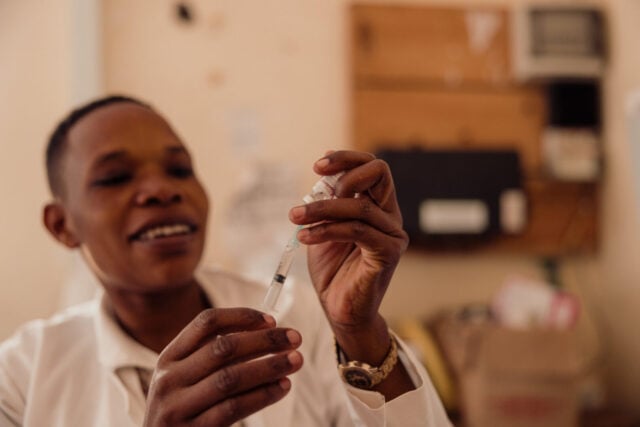As Christmas arrives once again, I have mixed feelings because I have experienced Christmas in several ways: during communism, after communism’s fall, and nowadays.
At Christmastime in 1989, in an outburst of joy and happiness, Romanians — especially young people — went into the streets, tore down communist emblems and flags, and fought and died for their freedom. Freedom was the Christmas gift for which the Romanian people had been waiting for 45 years under communism.
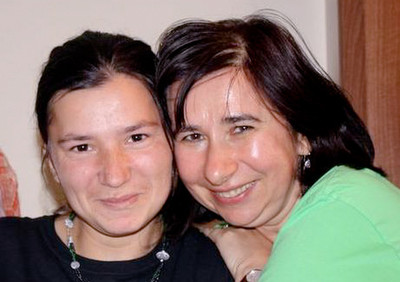
During the communist regime (1945 to 1989), Christmas was forbidden as a public celebration; there was no Christmas holiday, as all days related to Christmas were working days. In fact, it was forbidden even to wish Christmas greetings such as “Happy Christmas.” Santa Claus was also denied and replaced with a communist public celebration of Father Frost, who would bring gifts to the good children. This celebration moved to December 30th or 31st, linking the celebration more with New Year’s.
The children could go caroling as long as they did not speak about the birth of Jesus and the songs we sang mostly praised communist leaders. As a child in school, I experienced this type of Christmas celebration as communist teaching replaced the truth of God’s Word.
For to us a child is born, to us a son is given, and the government will be on his shoulders …—Isaiah 9:6 (NIV)
But at home I learned from my parents the true meaning of Christmas related to the birth of Jesus Christ. They read me the Bible story — but this truth had to be closed up within the four walls of our single room, which I shared with my parents and brother. Under communism, multiple families lived in a house, with each family assigned one room. Our parents told us not to share the good news with other children because it was very dangerous to speak about Jesus.
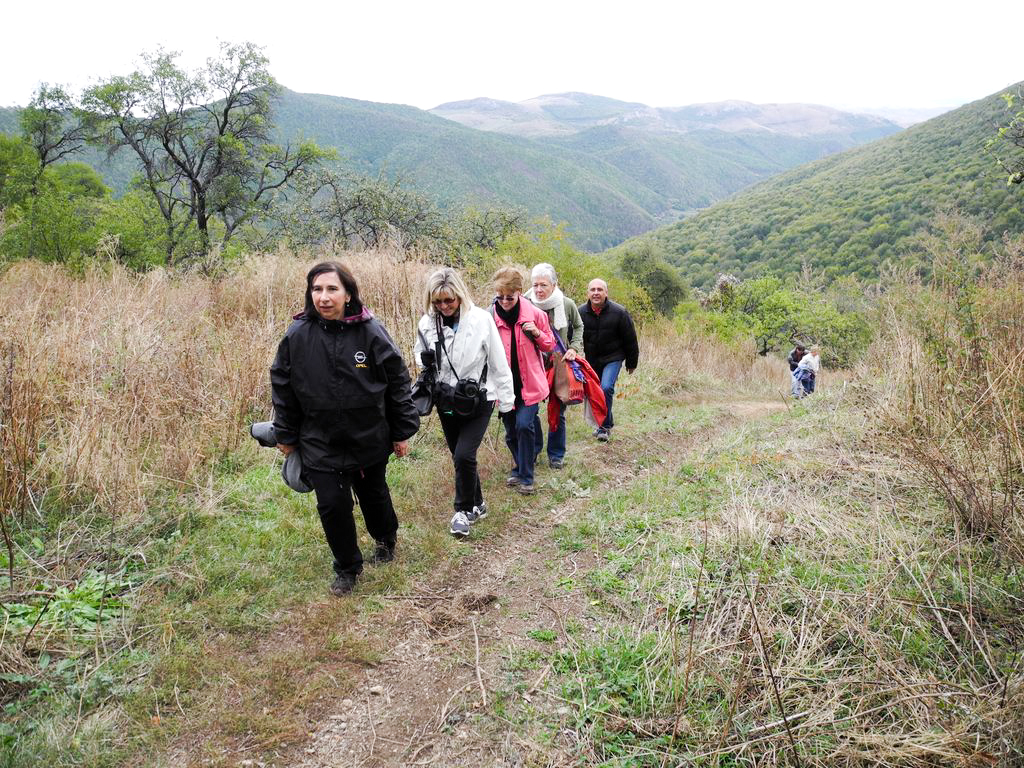
Only later did I understand that during communism rule you could go to prison for proclaiming your faith in public. And many Christians did end up in prisons.
Today, this is the past, and I live Christmas as the birth of Jesus Christ living in my heart. He is my “Wonderful Counselor, Mighty God, Everlasting Father, Prince of Peace” — alive and so real. I cannot imagine my life without his presence. Christmas is a time filled with peace and joy, prayers and singing, lights of the Christmas tree and candles.
Aurora Popp is a World Vision country program manager in Romania, ensuring that donor funds are used in the most effective way to benefit children and their families. She recently celebrated 20 years with World Vision.
